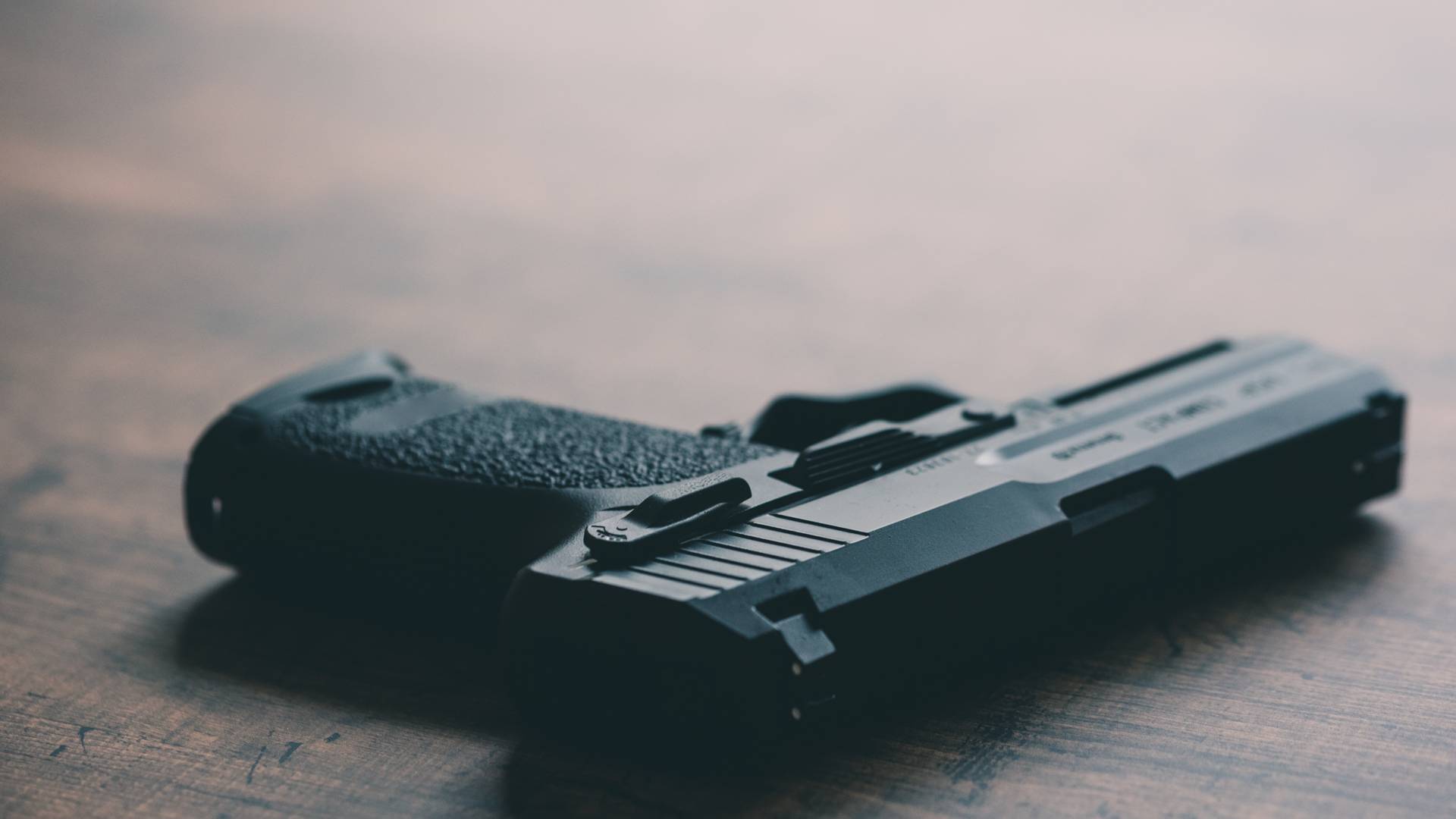If you or your child younger than 21 has been charged with underage alcohol possession, there can be a lot of conflict and confusion. For example, you may be disappointed in your child, want to keep his or her record clean and ensure there is no suspension or expulsion from college. Meanwhile, your child might not be taking the charge seriously.
Whatever the case is, it is natural to wonder about the potential defenses to underage alcohol possession. Here is a look at some of the most common.
Force
Your child may not have made the decision freely to drink and felt forced to do so. A fraternity or sorority hazing ritual could result in this type of situation.
Private residence
If the child possessed alcohol at a private residence with the knowledge and supervision of a family member older than 21, then that could be a valid defense.
Mistaken identity
Sometimes, police officers confuse nonalcoholic beverages for those that are alcoholic. It is entirely possible that your child, if new to alcohol, might not have realized what he or she was drinking contained alcohol. A friend could have played a prank on your child, for instance, or the intentions could have been malicious.
Someone could have told your child what he or she had was Coke, but it actually had vodka in it as well.
It could also be that the alcohol in question belonged to someone else, and your child happened to be unlucky enough for police to discover him or her in the vicinity of the drink.
Other options
It could be that none of these defenses or other defenses seem likely to succeed. Does that mean a criminal conviction is all but guaranteed? Fortunately, no. Lawyers can often negotiate charges down to lesser offenses or negotiate deals in which your child does not end up with a record in exchange for doing something such as community service and avoiding arrest for a certain period of time. Complete dismissal of charges also happens in some cases.
